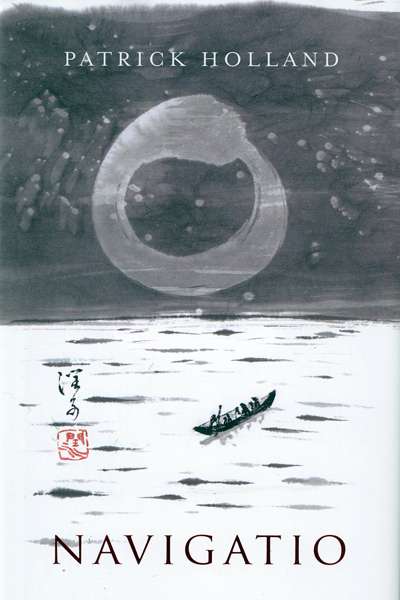Transit Lounge
Peter Kenneally reviews 'The Law of Poetry' by MTC Cronin, 'The Ladder' by Simon West, 'Jam Sticky Vision' by Luke Beesley, 'Immune Systems' by Andy Jackson, and 'The Hour of Silvered Mullet' by Jean Kent
by Peter Kenneally •
With her first book, Zoetrope, in 1995, MTC Cronin announced herself as a very particular force in Australian poetry. It was not just that her début was so much more immediately arresting than most poets' first outings, but also that it had real authority. This authority, coming from force of intellect and a kind of absolutist, almost inscribed imagination ...
Crazy Little Heaven: An Indonesian Journey by Mark Heyward
by Jay Daniel Thompson •









